
We don’t choose the times in which we live. Sometimes all is in accord and the feeling of unison makes for a sentiment of a long and sure summer season. At other times, it feels like you might be frozen out of it, the hostility of time numbing the senses and permeating the chill deep under the skin. Until the shoots of hope signal the arrival of springtime and a new cycle will begin. The seasons never last forever. Time flies.
People quantify and specify time but largely perceive it intuitively, by internal “clocks”. Our relationship with time reflects in the colourful language we create as we incessantly record our lives against its backdrop. We move through our lifetimes bonded to our relentless real-ty and to each other by portions of time granted. Jarred and stressed by the whirlwind pace of the world.
To be pushed, pulled, twisted and turned, over and over, is a part of life. We are moved and constrained by the primary laws of materiality. So much so, humans invented morality to bestow emotional qualities onto the apathetic laws of physics. It makes us feel in control, for a time being.
In our restlessness we crave the sense of balance, a hope to fight back unforgiving reality with the power of will. But how do we keep the balance when both yourself and everything around you moves? Maybe it comes from the connections we make, both those bonding us here and now and those that stretch beyond our lifetimes. Maybe the balance comes from staying flexible and open to change. Or maybe it is in a notion that every small part’s action is followed by reaction in this complex and ever-adapting system.
To be pushed, pulled, twisted and turned, over and over, is a part of life.
The Story Behind the Show - Click to Play the Video
Images

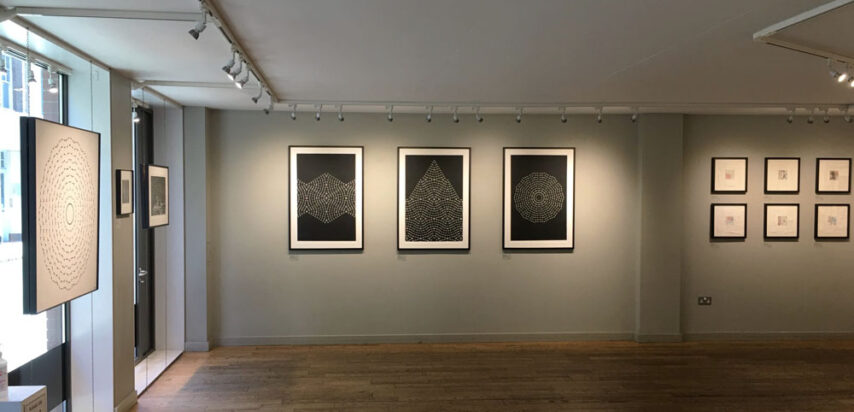
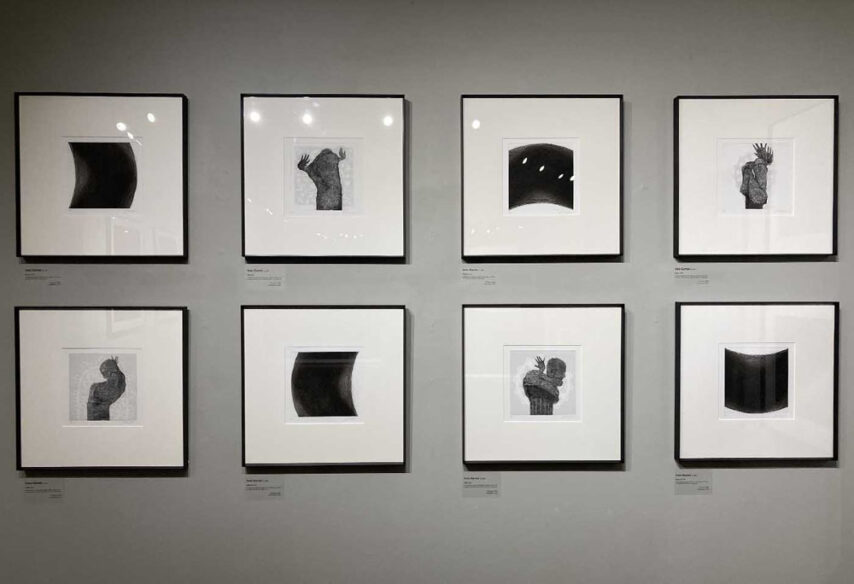
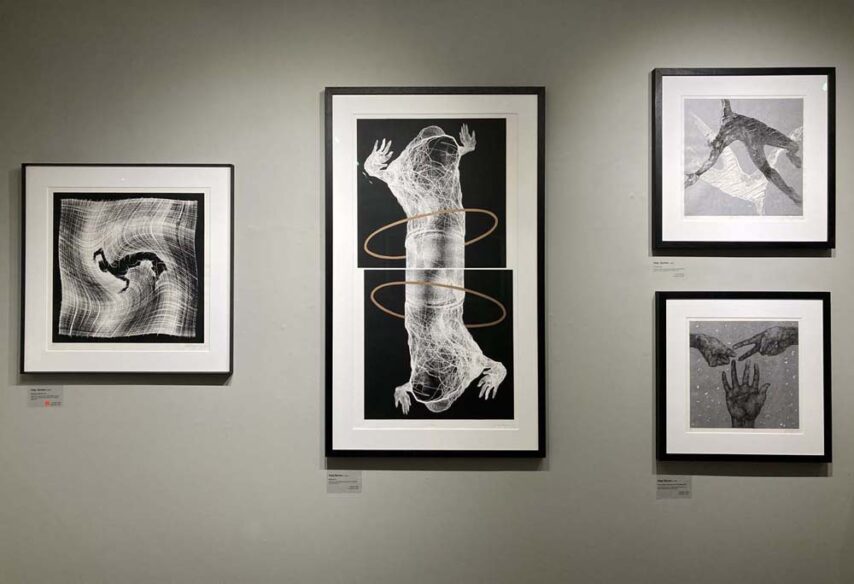
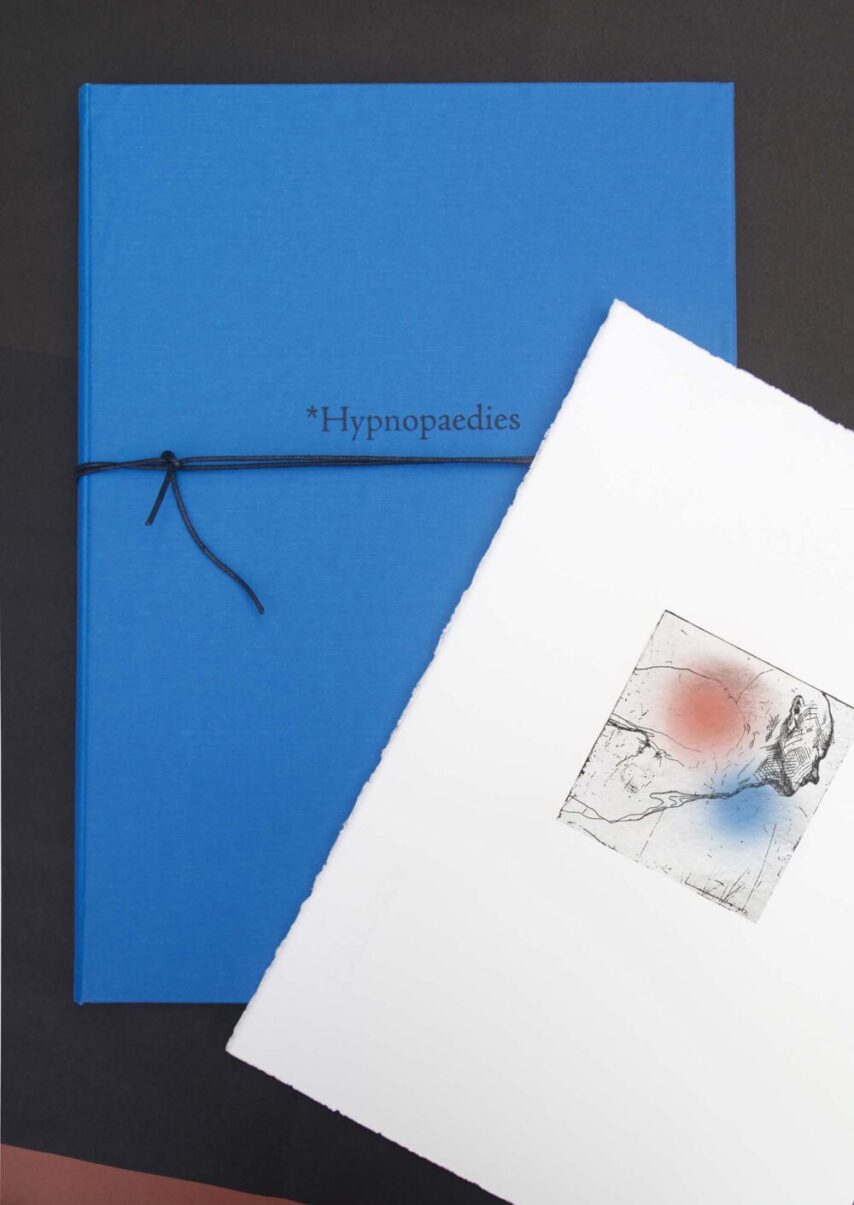
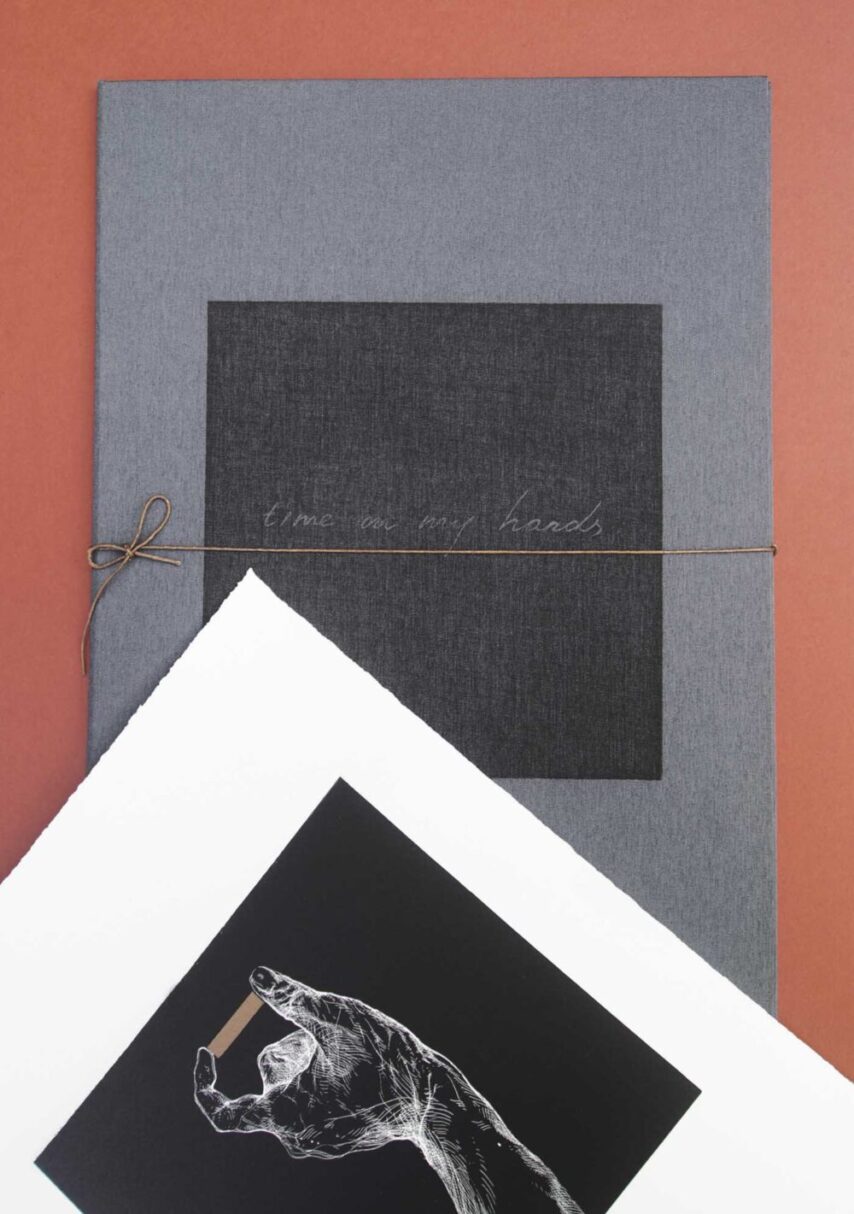
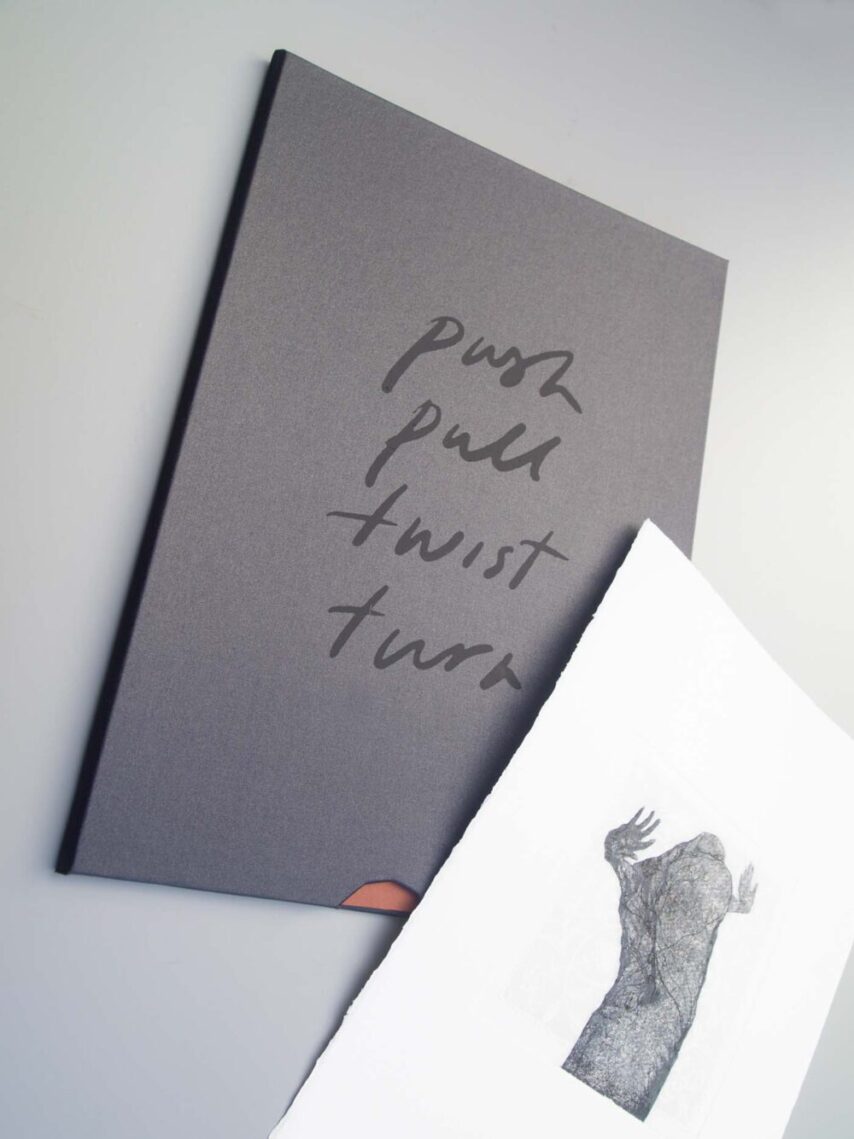

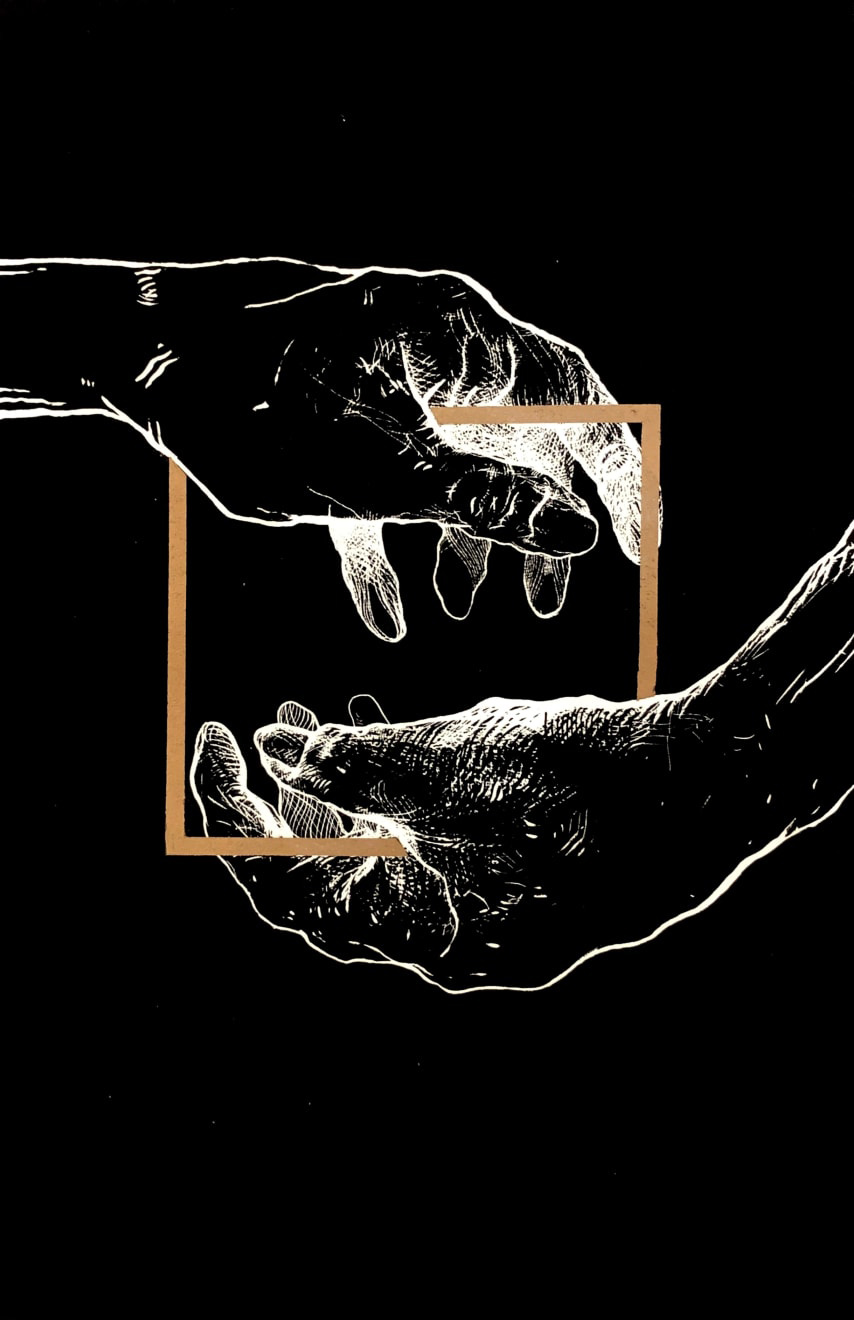
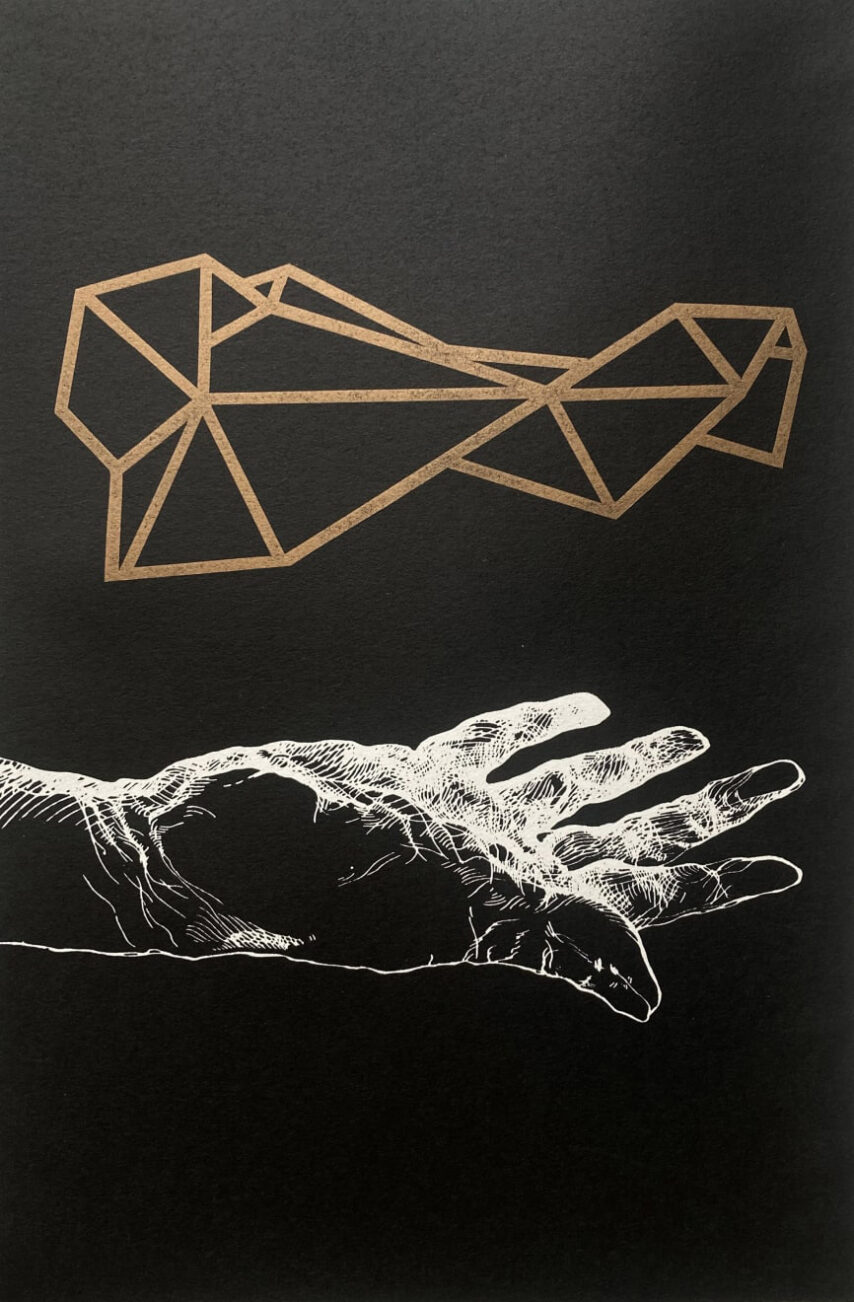
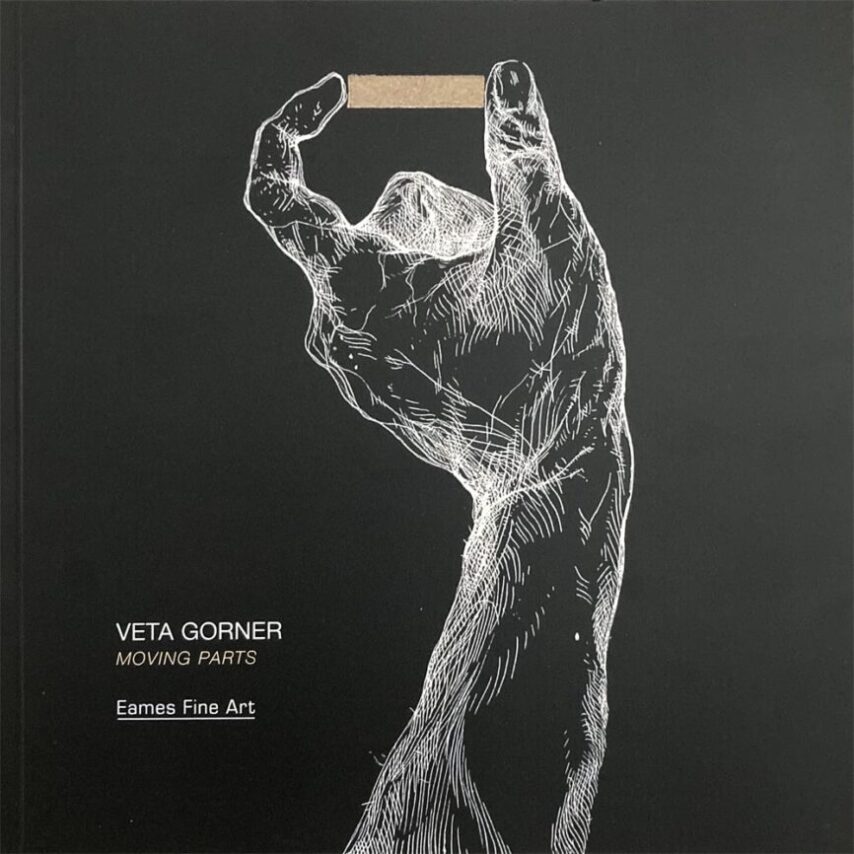

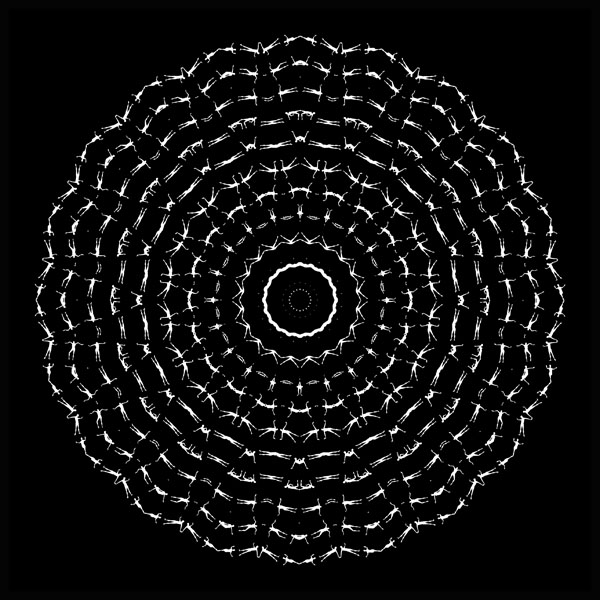
In Conversation
FIRST OF ALL, HOW WOULD YOU DESCRIBE THE AESTHETIC OF YOUR WORK?
First of all, I find it fascinating to think that the word “aesthetic” has origins in the perception of senses, it comes from the Greek “I feel, I sense”. I have been thinking lately which one of the senses has had the most grip on my imagination and, beyond the obvious ones, I will mention the sense of balance and movement. I think I am acutely aware of everything perpetually moving and would not hesitate to succumb to the idea of change and impermanence. I think that has been my preoccupation from the beginning and that continues to fascinate me still. How do we engage and respond to changes – personal, social, universal; how we communicate and relate that to others? Needless to say, for most of my own life the speed of the world has been relentlessly intensifying and has become dizzyingly fast. For me, trying to process and record some of what I can ‘feel and sense’ has become somewhat an obsession.
HOW DO THIS NEW WORK AND THIS NEW EXHIBITION DIFFER FROM WHAT YOU’VE DONE BEFORE? WHAT IS THE OVERALL CONCEPT, ACCORDING TO YOU?
It has been, by most accounts, an extraordinary year. So it felt imperative to me at the start of the lockdown to put aside all the conceptual ideas I might have had before and allow myself to “go with the flow” and be open and reactive. And beyond that, I really needed a sense of uncomplicated joy and a sense of balance. In a world where not much is under your control, you have to rely on the small measures of what you can master. The work grew quite organically, I started by picking an etching needle in April, and by midsummer, I had a considerable body of new works that started to gravitate around some recognisable immediate preoccupations. It has been an interesting experience to be both an “actor” in the drama we live through and a “spectator” – somehow narrating the story and the sensations of participating in the drama. And because it has only been a few months (so far), the intensity and how compressed the time felt made for an interesting backdrop to working; if anything, I knew I had to work fast.
YOU’VE WORKED A LOT WITH SHAKESPEARE’S PLAYS BEFORE; WHAT KIND OF LITERARY AND CULTURAL SOURCE MATERIAL HAVE YOU USED FOR THESE NEW SERIES?
Life really does resemble a Shakespearean theatre night now, isn’t it? Everything is turned up to 11 and one wonders what happens beyond the end of this scale. So, instead of focusing on the stresses of today why not seek comfort in the wisdom of the ancients. My “Big Samsara” is a comment on the relentless, repetitive cycle of life, where “the ego” is reduced to a symbol and is not placed centre-stage. Overall, my cultural influences sit either side of the “east-west” divide. I genuinely can’t see how human knowledge can be considered hierarchical or opposite in a way, for example, “spiritual” vs “scientific” are placed to confront each other. Ours is an exciting time, the cultures are in such close proximity to each other, there is so much to observe and learn. There is a lot of volatility and confusion but also a chance to admit how little do we still know about our world. I guess not wanting to know is not an option, humans are the kind fuelled by imagination and curiosity. So I am firm with the tribe that is pondering questions and seeking answers.
CAN YOU SAY SOMETHING ABOUT THE SCALES WITH WHICH YOU WORK? IT SEEMS TO ME THAT SOME OF THE NEW PIECES ARE QUITE A BIT BIGGER THAN WHAT I’M USED TO SEEING FROM YOU. WOULD YOU CARE TO ELABORATE ON WHY YOU’VE CHOSEN TO WORK BIGGER?
The scale of works varied a great deal for this show. Interestingly, the smallest pieces are made on paper recycled from some of the largest. The work is interconnected, both materially and conceptually. I appreciate the small, intimate scale of etchings that demand scrutiny and attention from the viewer, which puts my efforts directly to the recipient without distractions. I love this kind of direct engagement that the printmaking affords. Moving up the size scale in my case signals a notion of a changing viewpoint. The larger the work gets the more I move out of the intimate, personal narrative and the work becomes more akin to an observation, and a comment. Either way, I am comfortable with both small and large, the size of the works to an artist is like a volume of sound to a musician. Some ideas you whisper, others require an orchestra for the maximum effect.
I SEE A LOT OF INFLUENCE OF GRAPHIC DESIGN AND PATTERN IN YOUR FIREWORKS SERIES. COULD YOU EXPLAIN ABOUT HOW YOUR PAST IN ARCHITECTURE AND DESIGN MAY HAVE HAD AN IMPACT ON THESE IMAGES, AND PERHAPS OTHERS IN YOUR OEUVRE?
“Fireworks” have more in common, at least in my imagination, with the art of the East, both the Middle and the Far. The 3 titles of the series have subtitles: “The illusions of thought and desire; “The illusions innumerable as particles of dust “and “Illusions about nature of existence”. These are Buddhist ideas of what is known as Maya, the mental construct or illusion the humankind is creating for itself. The irony that this series is “constructed” in Photoshop is not lost on me, in fact, it makes perfect sense that way.
WHAT FASCINATES YOU ABOUT HANDS? WHY USE THEM SO MUCH IN YOUR WORK?
An idea of “The Hands” came about amid the Lockdown. The world has shrunk abruptly and dramatically, the only space that mattered was within immediate reach of the body. And whatever we reach, influence, and react with – hands are what we’ perceive’ the reality with. And as is the case with the habitual we often fail to acknowledge that. So they have become my “playthings”, linking conceptual with mundane. Another concept that I felt had a huge resonance during this period was “Time”. Once we experienced the end to a certain more or less common rhythm it became apparent that although people nominally share “time” we both perceive and use it very differently. Beyond the common values, it is also a uniquely intimate concept. We are not new to that, just look at all the colourful language associated with both. I think this points to a certain need to find a way of understanding each other, though language for instance. But my effectiveness is in visual “translations”, and I discovered a certain excitement in feeling connected to wider preoccupations then my own. In times like that, “the ego’ gets adjusted. Hopefully.









